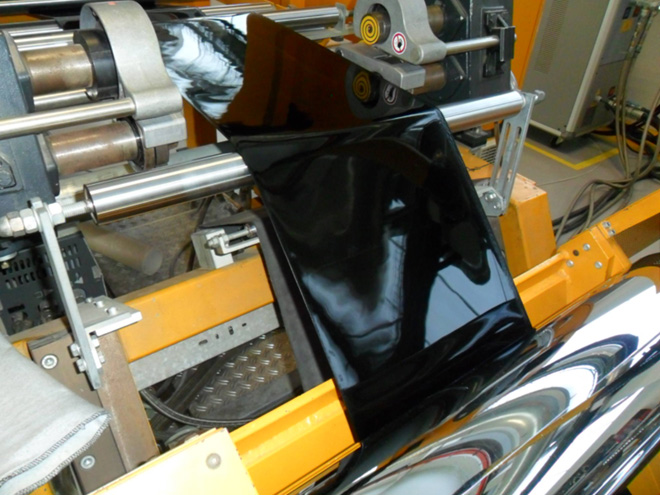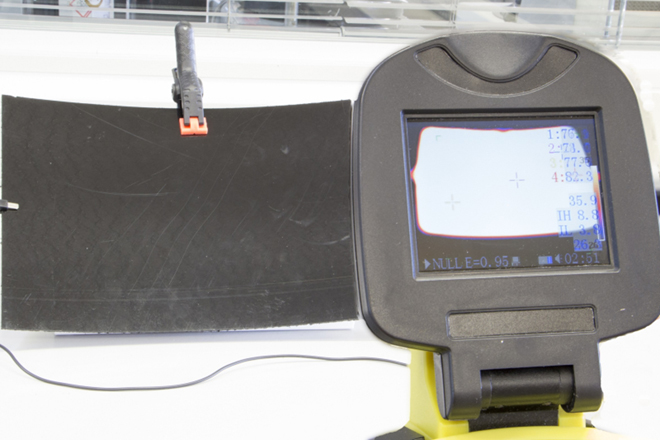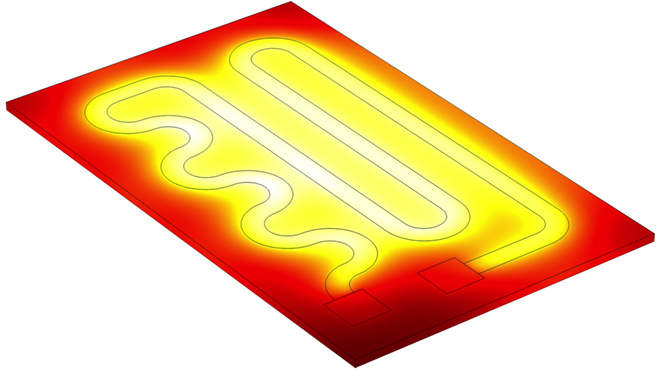The research association AIMPLAS, the Plastics Technology Centre, together with other partners of the EU project JOSPEL, has developed a heating system for EVs that could reduce energy consumption by up to 30% compared to conventional heating systems.
The system is based on the Joule effect (also called resistive or ohmic heating), by which electrical conductive materials produce heat when a voltage is applied. It consists of thermoplastic heating panels that can be placed in different parts of the car.
Heating and cooling systems use significant amounts of energy in EVs (up to 40% of total energy consumption). A more efficient heating system could thus lead to improved range.
The JOSPEL project aims to develop an optimally energy-efficient climate system, using an integrated approach that includes application of the thermoelectric Joule and Peltier effects, developing more efficient insulation, and recovering energy from heat zones. The main objective is to reduce the energy used for passenger comfort by 50%, and the energy used for component cooling by 30%.




Source: AIMPLAS via Green Car Congress



















































